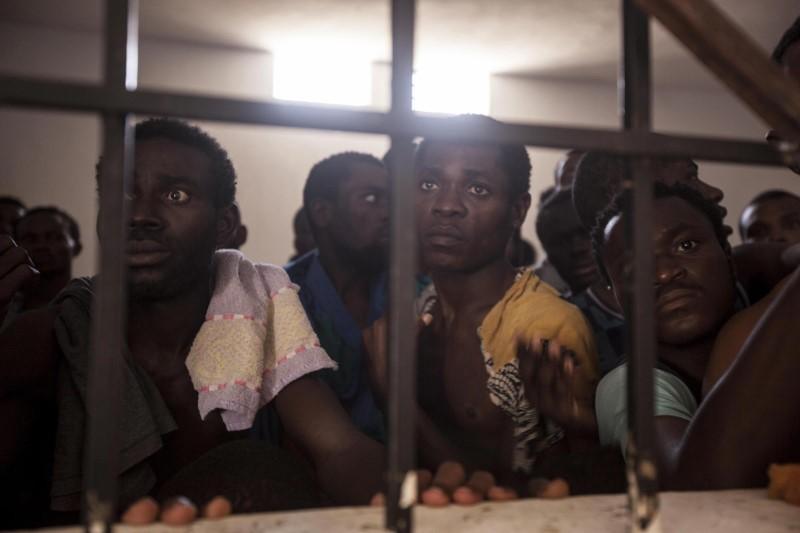Migrants and refugees stuck in Libya are being sold into slavery, CNN reported earlier this month.
The combination of Libya’s splintered government in the wake of Muammar Gaddafi’s fall and the influx of people from Nigeria has led to a situation where stranded men and women are being held against their will and, in some cases, sold into slavery or prostitution.
“As shocking as it seems, it’s indeed true. The reason [the slave trade] can happen is because there is really no rule of law across much of Libya,” Leonard Doyle of the International Organization of Migration told Al Jazeera.
Each year for the past three years, more than 150,000 migrants and refugees have crossed into Europe from Libya in hopes of making their way to a new life. It’s a treacherous journey. More than 3,000 people have drowned each of the past four years trying to cross the Mediterranean Sea.
Recently, with help from Italy, the Libyan coast guard has been capturing vessels smuggling people into Europe. It’s estimated that between 400,000 and 1 million migrants may now be trapped in Libya, where the vulnerable population is preyed upon by smugglers and other criminal elements who rob, rape, and murder them.
“We cannot even guess the scale of the abuses inflicted on migrants in all these hidden places, untouched by the rule of law,” U.N. human rights commissioner Zeid Ra’ad Al Huseein said in a September statement. “The situation of migrants crossing Libya was appalling during Gaddafi’s era, but it has become diabolical since.”
Who is buying slaves in Libya?
Smugglers who are now unable to get the people — who have often sold all their possessions in order to pay their way — into Europe are holding them against their will. When warehouses overflow or migrants run out of money to pay the smugglers, some are sold into slavery.
CNN recorded footage of men being sold for $400 as farm laborers at a nighttime auction in Libya. This reporting sparked global outrage and international organizations are now making an effort to investigate the situation and provide transportation for stranded migrants.

